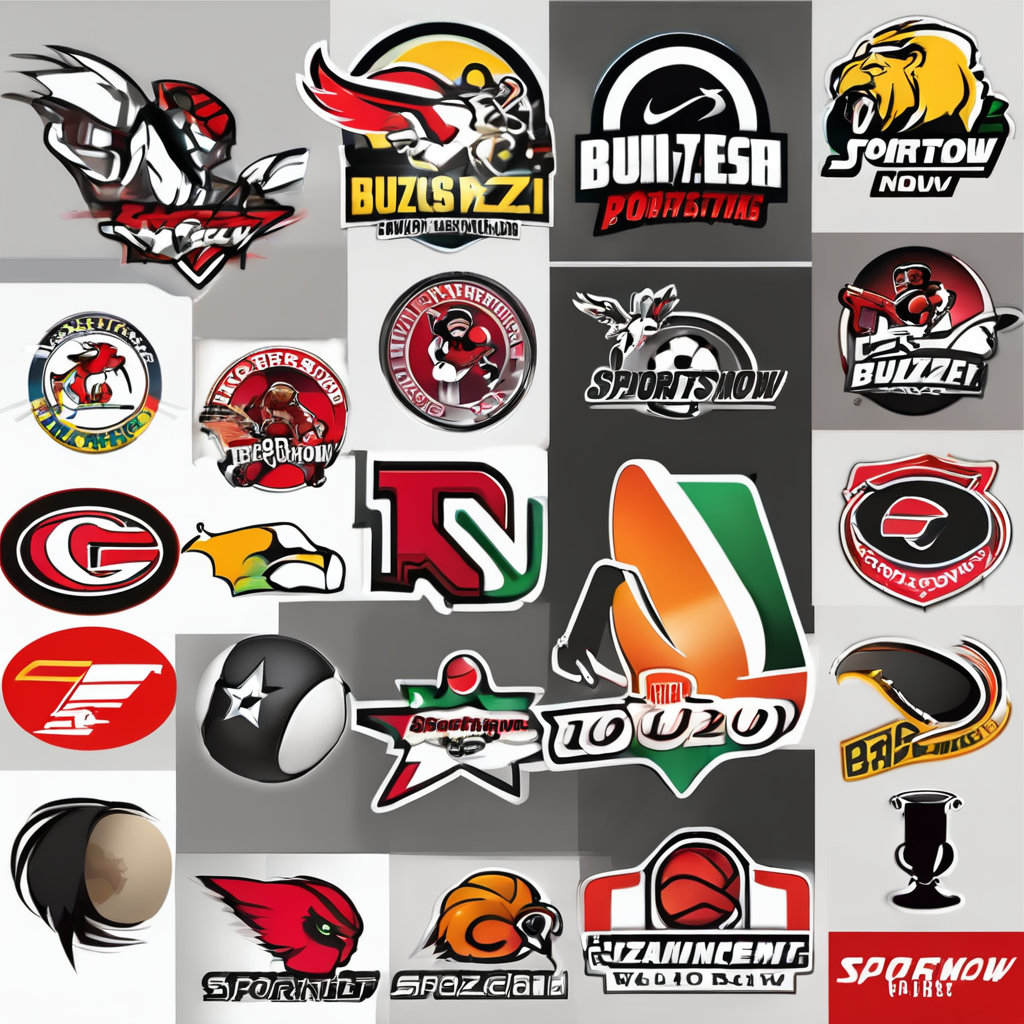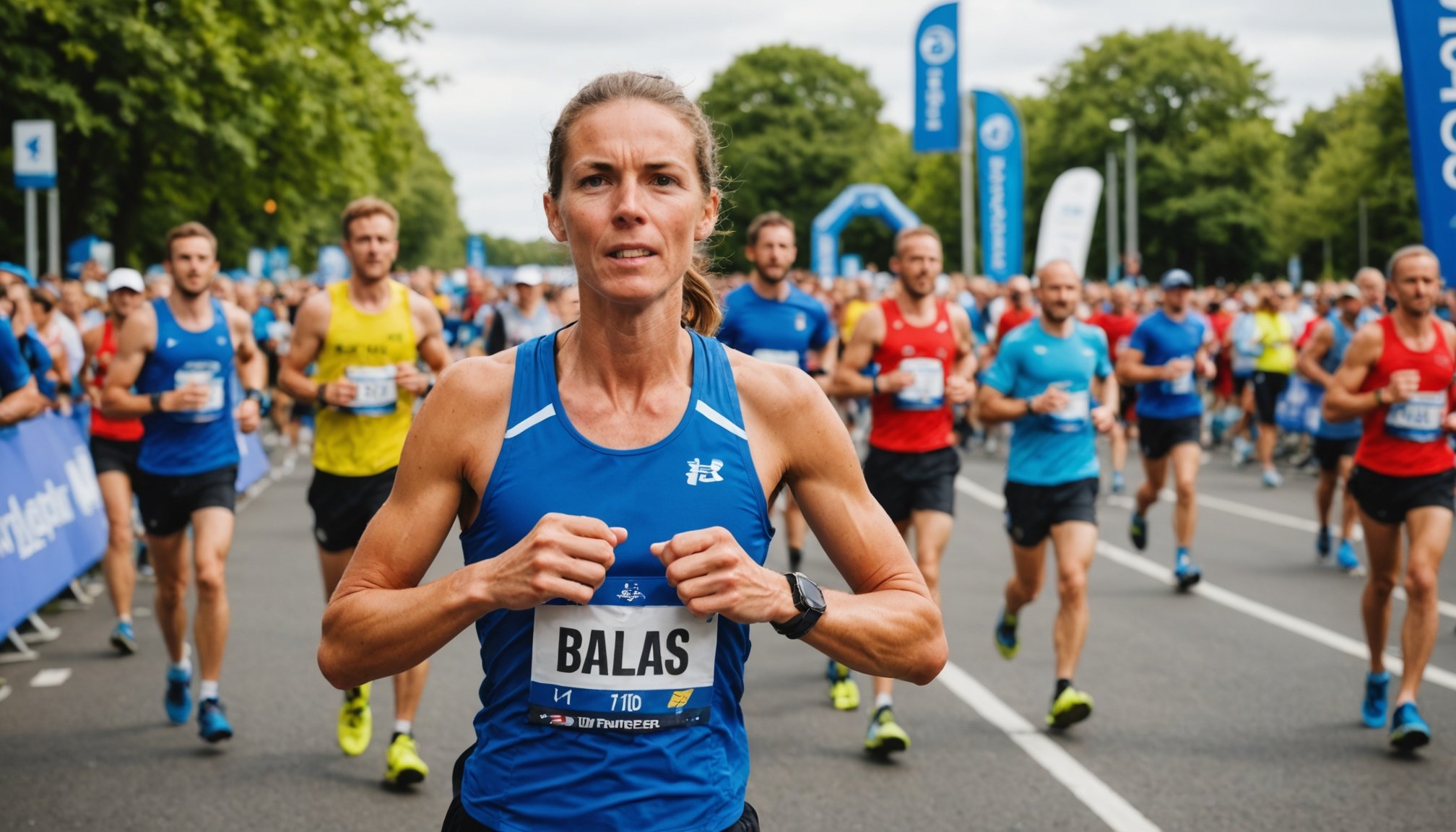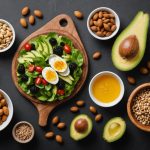Top Hydration Strategies Every UK Marathon Runner Should Know
Understanding the Importance of Hydration in Marathon Running
When it comes to marathon running, hydration is not just a necessity; it’s a critical component of your overall performance and safety. Proper hydration ensures that your body can function optimally, delivering oxygen and nutrients to your muscles, regulating body temperature, and maintaining fluid balance. Here’s why hydration should be at the top of your marathon preparation list.
“Hydration is essential for everything from mental focus to the delivery of oxygen-rich blood to your active muscles,” emphasizes the importance of hydration in running.
Also to see : Top Strategies for UK Professional Darts Players to Master Stress Management and Enhance Performance
Pre-Run Hydration: Setting the Stage for Success
Before you even start your marathon training, it’s crucial to develop a consistent hydration strategy. Here are some key points to consider:
Daily Hydration Habits
- Drink Water Regularly: Make sure to drink water throughout the day, not just when you’re thirsty. Aim for at least 8-10 glasses of water per day.
- Monitor Your Urine: If your urine is pale yellow or clear, you’re likely well-hydrated. Dark yellow or amber-colored urine can indicate dehydration.
- Include Hydrating Foods: Foods with high water content, such as fruits and vegetables, can contribute to your daily hydration needs.
Pre-Run Hydration
- Hydrate the Day Before: Ensure you’re well-hydrated the day before your run. Avoid overhydrating, as this can lead to discomfort during your run.
- Morning Hydration: On the morning of your run, drink a glass of water or a sports drink about 1-2 hours before you start. This helps top off your fluid levels without causing digestive discomfort during the run.
Hydration During the Run: Strategies for Optimal Performance
During a marathon, maintaining hydration is a continuous process. Here are some strategies to keep you hydrated and performing at your best:
Also read : Top Age-Appropriate Training Techniques for Young Cyclists in the UK
Using Energy Gels and Sports Drinks
- Energy Gels: Energy gels are highly concentrated forms of carbohydrates that provide quick energy. However, they should be consumed with water to avoid digestive issues. For example, the Maurten Gel 100 Energy Hydrogel and SIS Go Isotonic Energy Gel are popular choices among runners.
- When to Take Energy Gels: Plan ahead and consume energy gels before you feel fatigued. Typically, take an energy gel every 30-60 minutes during a long run.
- Pair with Water: Always drink water after consuming an energy gel to aid in digestion and prevent overloading on carbohydrates.
Hydration Vests and Belts
- Hydration Vests: For longer runs, consider using a hydration vest. This allows you to carry water and energy gels, ensuring consistent access to hydration without relying on aid stations.
- Race Belts: If you prefer a lighter option, a race belt can be used to carry energy gels and rely on aid stations for water intake.
Post-Run Hydration: Recovery and Replenishment
After completing a marathon, your body needs time to recover and replenish lost fluids and electrolytes. Here’s how you can optimize your post-run hydration:
Immediate Post-Run Hydration
- Rehydrate Within 30 Minutes: Drink a sports drink or water with electrolytes within 30 minutes of finishing your run to help replenish lost fluids and electrolytes.
- Electrolyte Supplementation: Use electrolyte supplements like ARTAH Cellular Hydration, which contains magnesium, potassium, and other essential minerals to help maintain fluid balance and support recovery.
Ice Baths for Recovery
- Ice Bath Benefits: Taking an ice bath after a marathon can reduce inflammation, diminish muscle soreness, and provide mental relaxation. The ideal temperature is between 50°F and 59°F, and the duration should be 10-15 minutes.
- Complementary Recovery Techniques: Combine ice baths with other recovery methods such as active recovery, adequate rest, and nutrition rich in protein to support muscle repair.
Practical Tips and Tools for Effective Hydration
Here are some practical tips and tools to help you stay hydrated during your marathon training and on race day:
Hydration Tracking
- Use a Hydration App: Apps like Waterlogged or Hydro Coach can help you track your daily water intake and remind you to drink at regular intervals.
- Monitor Your Body Weight: Weigh yourself before and after runs to ensure you’re not losing too much body weight due to dehydration.
Selecting the Right Hydration Gear
- Hydration Vests and Belts: Choose gear that fits comfortably and allows easy access to your hydration supplies. For example, the 1000 Mile UP Kielder Handheld Water Bottle is a versatile option that includes a zip pocket for energy gels.
A Comprehensive Guide to Marathon Nutrition and Hydration
Here is a detailed guide to help you plan your nutrition and hydration strategy for a marathon:
Weekly Hydration Plan
- Monday to Friday: Focus on consistent daily hydration habits.
- Saturday (Day Before the Race): Ensure you’re well-hydrated and avoid overhydrating.
- Sunday (Race Day): Hydrate 1-2 hours before the race and continue to drink water and sports drinks as needed during the run.
Race Day Hydration Strategy
- Start Hydrated: Make sure you’re well-hydrated before the start of the race.
- Aid Stations: Use aid stations to replenish water and sports drinks.
- Energy Gels: Consume energy gels at planned intervals, always paired with water.
Table: Comparing Popular Energy Gels for Runners
| Energy Gel | Carbohydrate Content | Electrolytes | Special Features |
|---|---|---|---|
| Maurten Gel 100 | 40g per sachet | None | Simple ingredients, neutral taste, optimal fructose and glucose ratio |
| SIS Go Isotonic | 22g per 60ml sachet | Sodium, Potassium | Isotonic formula, no need for immediate water intake |
| Precision Hydration PF 30 | 30g per sachet | None | Neutral flavor, link design packaging to prevent littering |
| Huma Chia Energy Gel | 22g per sachet | Sodium, Magnesium, Calcium, Potassium | Contains protein and fiber, sea salt for electrolyte replenishment |
Detailed Bullet Point List: Tips for Effective Hydration During a Marathon
- Plan Ahead: Develop a hydration strategy before your run, including when and how much to drink.
- Monitor Weather: Adjust your hydration plan based on the weather. Hot weather requires more frequent hydration.
- Use Sports Drinks: Sports drinks can help replenish electrolytes lost in sweat.
- Avoid Overhydration: Be careful not to drink too much water, as this can lead to hyponatremia.
- Stay Consistent: Stick to your hydration plan consistently during training and on race day.
- Listen to Your Body: If you feel thirsty or experience signs of dehydration, drink water or a sports drink immediately.
- Carry Hydration Gear: Use hydration vests or belts to carry your hydration supplies.
- Practice During Training: Test your hydration strategy during long training runs to ensure it works for you.
Quotes from Experts and Runners
- “Hydration is essential for everything from mental focus to the delivery of oxygen-rich blood to your active muscles,” says an expert on running hydration.
- “Science has established a place for the importance of athletes taking electrolytes during periods of prolonged exercise, helping them to maintain fluid balance and improve endurance,” explains a nutrition expert.
- “I use ARTAH Cellular Hydration every day, and it’s been a game-changer for my running performance and recovery,” says a nine-time marathon runner.: Making Hydration a Priority in Your Marathon Training
Hydration is a multifaceted aspect of marathon training that requires careful planning and execution. By understanding the importance of pre-run, during-run, and post-run hydration, selecting the right hydration gear, and using practical tools and tips, you can ensure that you stay hydrated and perform at your best.
Remember, every runner is different, so it’s crucial to experiment and find what works best for you. Whether you’re training for the London Marathon or a half marathon, making hydration a priority will help you cross that finish line feeling strong and accomplished. So, don’t wait until it’s too late – start hydrating today and see the difference it can make in your running performance.











